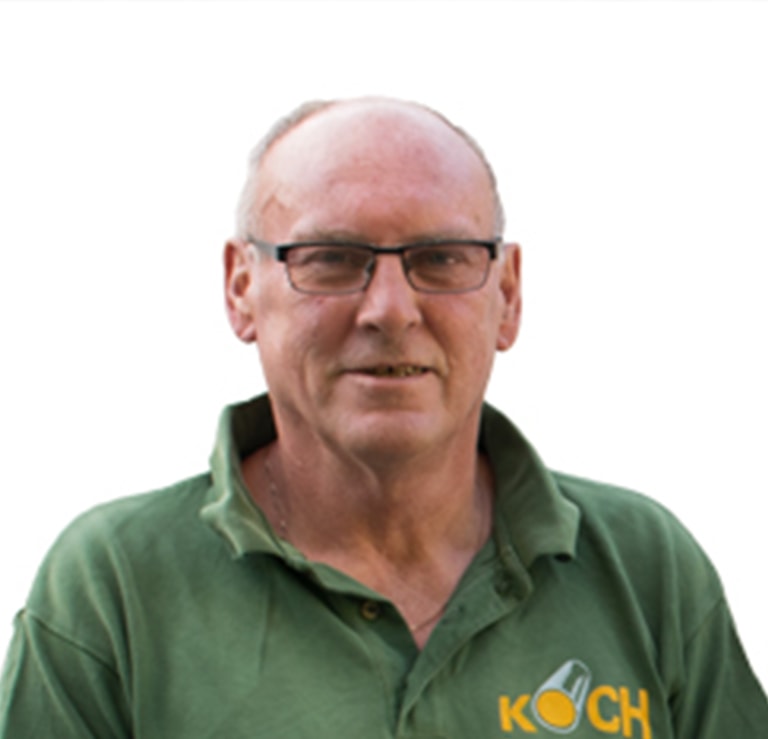An air duct cleaning service involves the professional cleaning of the ductwork in a heating, ventilation, and air conditioning (HVAC) system. Over time, dust, dirt, pollen, mold, and other debris can accumulate in the ducts, which can impact air quality and the system's efficiency. Here’s what an air
duct cleaning Hawkesbury
service typically entails:
1. Inspection and Assessment
Initial Examination: The service begins with a thorough inspection of the HVAC system, including air ducts, vents, and returns. This allows the technician to assess the level of buildup, identify contaminants like mold or pests, and determine the overall condition of the ductwork.
Video Inspection: Some companies may use cameras or scopes to get a clearer picture of the ductwork’s interior before cleaning.
2. Preparation for Cleaning
Sealing Vents/Registers: To prevent dust and debris from escaping into living areas, technicians typically seal off the air registers and vents.
System Turn-Off: The HVAC system will be shut down to prevent debris from circulating during the cleaning process.
3. Cleaning the Ductwork
Vacuum System: The core of duct cleaning involves using a high-powered vacuum, often mounted on a truck, or a portable unit. The vacuum system is attached to the ducts to pull out debris.
Agitation Tools: The service may use tools like rotating brushes, air whips, or compressed air to dislodge stuck-on dirt and dust inside the ductwork.
Negative Pressure: A negative pressure system is used in combination with the vacuum, which helps remove debris without allowing it to reenter the home’s air.
4. Cleaning of HVAC Components
Cleaning the Blower, Motor, Coils, and Drip Pan: Depending on the service, some companies may also clean HVAC components such as the blower motor, evaporator coil, and drip pan. Cleaning these components can improve system efficiency and prevent mold growth.
Filter Replacement: Often, the air filter will be replaced as part of the service to ensure proper airflow and filtration going forward.
5. Disinfecting or Sanitizing (Optional)
Antimicrobial Treatments: Some companies offer sanitizing treatments to kill mold, bacteria, and other microorganisms inside the ductwork. This is often done if mold or foul odors are present.
6. Final Inspection
Post-Cleaning Inspection: After cleaning, technicians will do a final check of the duct system, sometimes using video cameras again, to ensure all debris has been removed.
Reassembly: Any components that were removed (vents, filters, etc.) are reinstalled, and the HVAC system is restarted.
7. Time and Cost Considerations
Time: The cleaning process typically takes between 3 to 5 hours, depending on the size of the system, the extent of contamination, and the complexity of the ductwork.
Cost: Costs for air duct cleaning vary but generally range from $300 to $500 for a standard residential system, though factors like location, duct size, and added services can influence this.
Benefits of Air Duct Cleaning
Improved Air Quality: It helps remove allergens, dust, and debris that could affect indoor air quality.
Energy Efficiency: A clean system operates more efficiently, potentially reducing energy consumption.
Odor Removal: Musty or unpleasant smells caused by mold, mildew, or pests in the ducts are addressed.
Prolonged HVAC Life: Removing buildup helps the system work less strenuously, potentially extending its life.
Professional duct cleaning should follow standards set by organizations like the National Air Duct Cleaners Association (NADCA) to ensure the process is thorough and safe.

